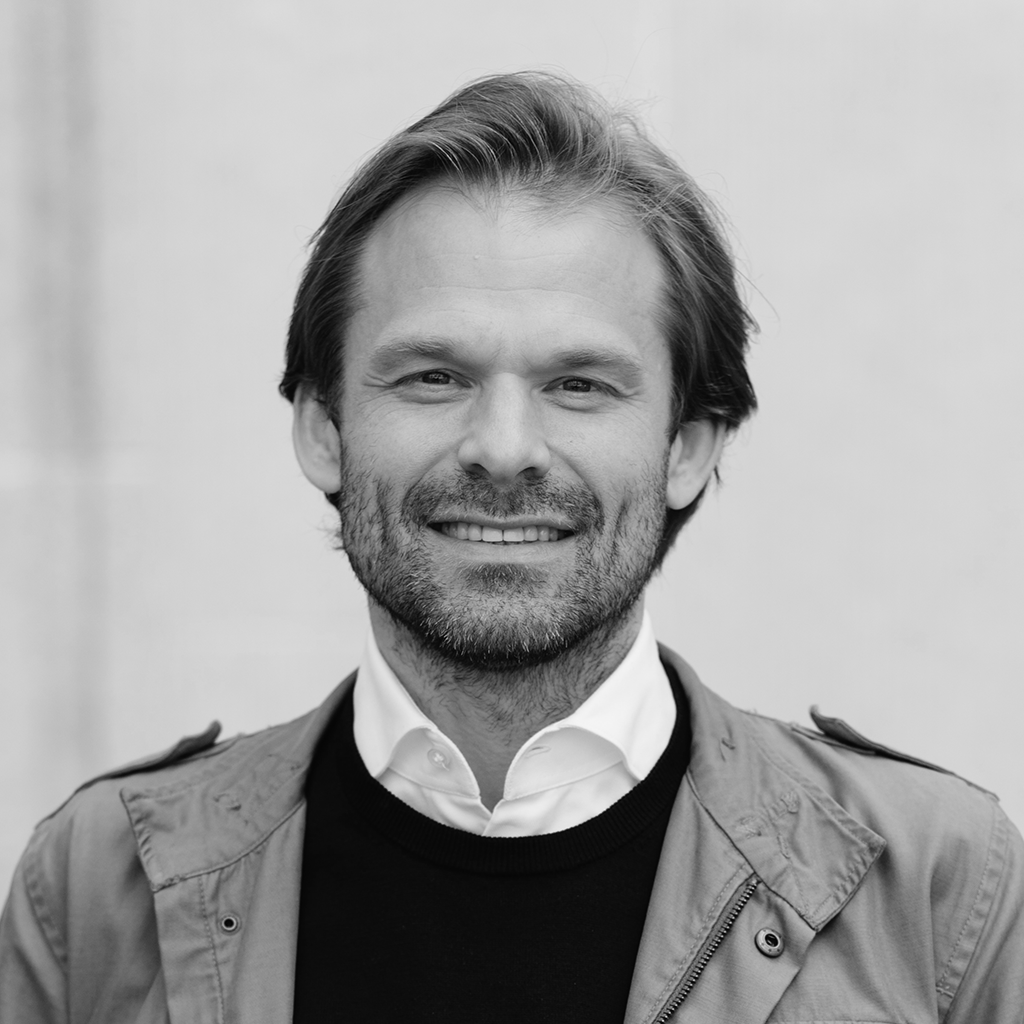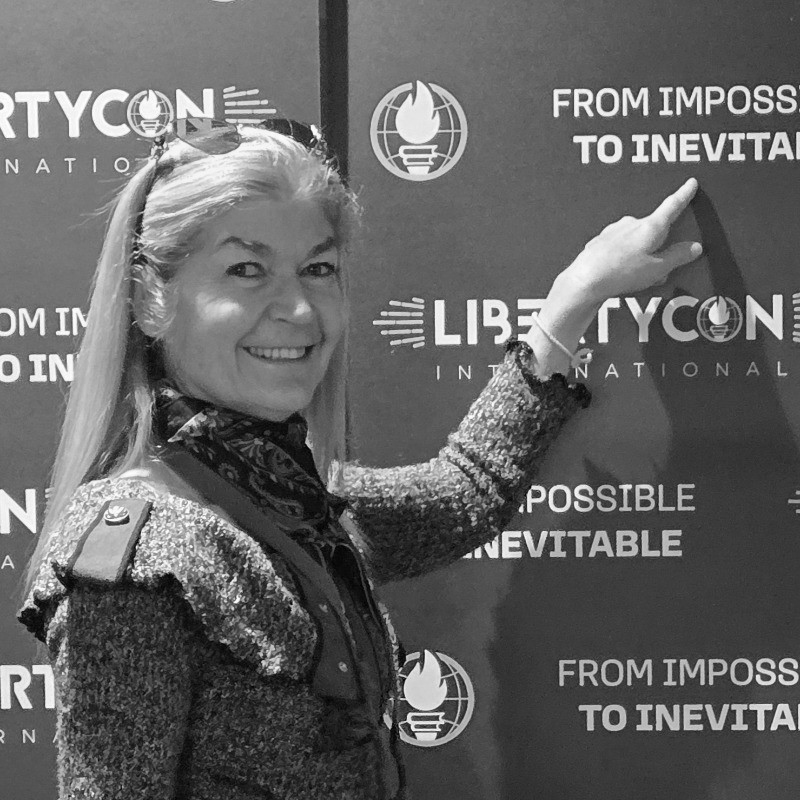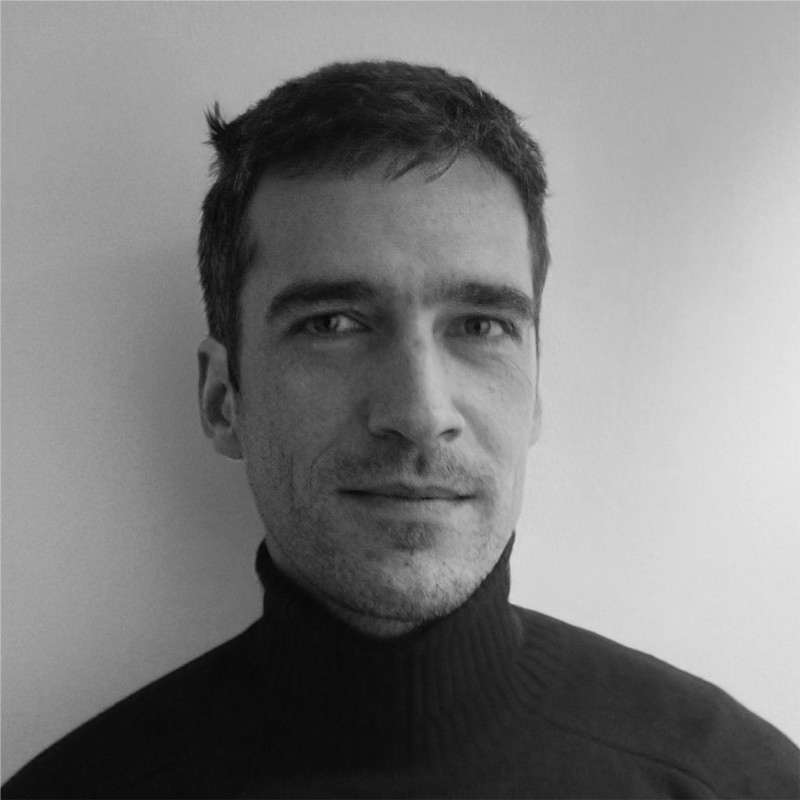[ Founder ]
[ Research ]
[ Innovation ]

Tib Roibu
Tib Roibu’s research develops ontologies and cognitive architectures that bridge geometry, recursion, and experiential models of thought, forming the basis of a geometrically grounded philosophy of mind.
Ongoing research since 2013 on cognitive geometry and geometric cognition, initiated through the Geometry Matters project, provides the foundational context for the Polynon, formally articulated in 2018.
The Polynon now operates within Mahākāla, advancing its framework through two core programs, Cognitive Langlands and Cognitive Automaton, which develop theoretical models and computational prototypes treating cognition as structure. Mahākāla’s research spans geometry, ontology, and machine intelligence, establishing the basis for systems capable of structural reasoning and machines that embody cognitive principles.
Tib is also the founder of Nomon, the first cognitive gravity system for future-proof human environments, and co-founder of Enterprise Evolution, a platform for executive education, enterprise transformation, and strategic imagination. His interdisciplinary work spans foresight programs in education, health, and innovation ecosystems through prior collaboration with a Swiss innovation consultancy, alongside other entities and institutions.
[ Core ]
[ Disruption ]
[ Foresight ]

Alexander Manu
Alexander Manu is a strategic foresight practitioner, innovation advisor, international lecturer and author.
In his client and research work, Alexander is involved in transforming organizations by integrating disruption in everyday business and defining new competitive spaces, the development of new strategic business competencies and creation of imaginative innovation methods. He believes that the exploration of possibility requires imagination as a prerequisite for strategic change and innovation. For over 30 years, he has enabled global companies as diverse as Motorola, LEGO, Whirlpool, Nokia, Navteq and Unilever, to develop policies and strategies that address emerging issues through strategic foresight and pre-competitive business models.
His most recent book,”The disruption continuum” will be released in Sept 2025, both in hardcover and electronically by Emerald Publishing Group. Author of “The Philosophy of Disruption ” (2022), “Dynamic Future-Proofing: Integrating Disruption in Everyday Business”(2021), “Transforming Organizations for the Subscription Economy: Starting from Scratch” (2017), “Value Creation and the Internet of Things” (2015), and many more. Alexander joined the Polynon project as a Foresight and Disruption Advisor.
[ Core ]
[ Cognitive Gravity ]
[ Nomon ]

Rikard Strid
Rikard Strid is a visionary entrepreneur at the intersection of human performance, neuroscience, and technology.
As co-founder of Nomon, Rikard helps property owners and developers unlock the cognitive potential of their tenants by transforming buildings into environments that actively support focus, recovery, and well-being.
With a background in autonomous building energy systems at KTC and expertise in biohacking and human optimization, Rikard brings a unique perspective to creating spaces where building intelligence meets human potential. His experience enables Nomon to integrate data analytics, behavioral insights, and environmental intelligence to design spaces that adapt to the cognitive and physiological needs of occupants.
[ Advisor ]
[ AI ]
[ Science ]

Mihaela Ulieru
Dr. Ulieru is a Blockchain champion at the World Economic Forum where, as a Member of the Global Agenda Council on “Data-Driven Development” she advocated to list The Blockchain among the 2016 Top 10 Emerging Technologies, developed in collaboration with Scientific American. A renowned academic researcher in distributed artificial intelligence, Dr. Ulieru has created a strong foundation for governance on Blockchain as an institutional technology and for its role in revolutionizing manufacturing, logistics, and homeland security.
Dr. Ulieru has been awarded two academic research chairs: the Industrial Research Chair in Mobile Technologies and the Canada Research Chair in “Adaptive Information Infrastructures for the eSociety” and she authored over 200 peer- reviewed publications. Her thought leadership led to numerous board appointments including to the Science, Technology and Innovation Councils of Singapore, Canada and European Commission and on the IEEE, NSERC, NSF, and other prestigious advisory committees. She is a Global Leader with the Aspen Institute and President of the IMPACT Institute for the Digital Economy, advising several Artificial Intelligence and Blockchain start-ups, non-profits, and governments around the world.
Among many roles she has in the start-up world she is an adviser to Dr. Ben Goertzel (the Father of AGI) at SingularityNET and was the Global Growth Strategist at Hypercycle.ai (developing “the Internet of AI”), an adviser to Uber co-founder Garrett Camp and to many other successful entrepreneurs and academic, including and Chief Sustainability Officer at Zarqa.ai (developing the next level GPT through more powerful technologies).
Mihaela is also an awarded poet (multilingual), a native of Romania mastering five languages besides the multitude of programming languages which she sported as a winner of several programming, math, and literary competitions. She joined the Polynon project as an AI and Scientific Advisor.
[ Advisor ]
[ AI ]
[ Science ]

Igor Balaz
Igor Balaz is a founder and CEO of Neovivum Technologies, as well as an Associate Professor of Biophysics, Physics, and Meteorology. He received his MSc in biology and PhD in physics of complex systems from the University of Novi Sad.
His research primarily focuses on modeling the spontaneous emergence of innovations within biological evolution. He received substantial European funding, including a prestigious €3 million grant from the European Innovation Council’s Pathfinder Open program for the project dedicated to developing a tumor digital twin, which applies advanced artificial intelligence techniques to interdisciplinary scientific challenges.
Igor has served as a visiting researcher at institutions such as Kobe University, Japan (Department of Earth and Planetary Sciences), where he collaborated with Prof. Yukio-Pegio Gunji on modeling adaptability in living systems. He has also conducted research at the University of Rostock (Systems Biology and Bioinformatics group, Institute for Informatics) and Friedrich-Schiller-University Jena (Bio Systems Analysis Group, Institute of Computer Science), both in Germany.
He has published over 50 peer-reviewed scientific papers in international journals and authored several chapters in research monographs. Igor joined the Polynon project as an AI and Scientific Advisor.
- [ Contact ]
Get in Touch with Us
For inquires about the framework, academic or institutional proposals, media or other type of requests, please contact us at hello@polynons.com
Frequently Asked Questions
What is the Polynon?
The polynon is a geometric framework for understanding consciousness, perception, and cognition. It models how experience unfolds through structured dimensions shaped by attention, memory, and meaning.
Is the polynon a scientific theory or a philosophical system?
The polynon bridges both domains. It draws from cognitive science, geometry, and systems theory while offering a foundational ontology for modeling subjective experience.
What does "Cognitive Gravity" mean in this context?
Cognitive Gravity refers to the forces that shape perception, meaning, and truth. It models how attention stabilizes around conceptual attractors, forming coherent experiences and memory structures.
How is the polynon different from traditional models of mind?
Traditional models often treat mind as a computational or emergent phenomenon. The polynon treats cognition as geometrically structured, with consciousness as primary and perception as a spatial unfolding.
What role does the observer play in the polynon?
The observer is not external but embedded. The polynon treats the observer as a self-reflective function within consciousness, a mechanism through which perception organizes and reflects reality.
Can the polynon be applied to technology or AI?
Yes. Polynon informs the design of cognitive systems, visualizations, and interpretative architectures by modeling how meaning forms and evolves, guiding more intuitive and context-aware tools.
Does the polynon align with any existing philosophical traditions?
It resonates with aspects of idealism, process philosophy, and phenomenology, while introducing novel geometrical and topological mechanisms for understanding mind and meaning.
Is the polynon a finished model or an evolving system?
The polynon is evolving. As a living framework, it adapts through dialogue, experimentation, and integration, constantly refining how it maps consciousness and cognition across domains.